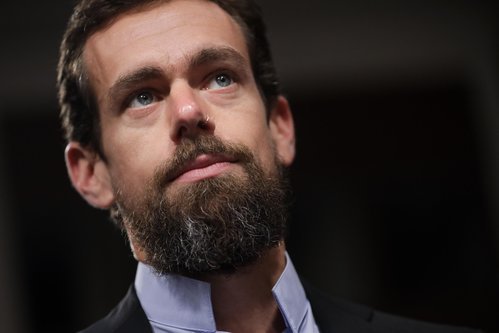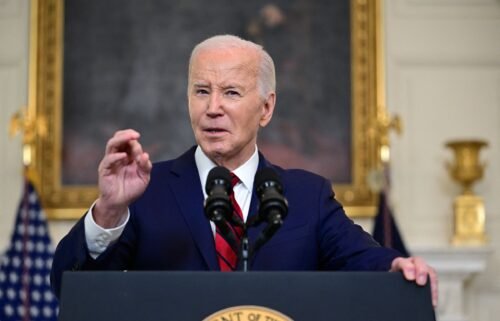Twitter will run some political ads, just not from politicians. It seems well-intentioned, but might get messy.

Twitter announced details of its new policy banning political ads on Friday, saying that although politicians, political candidates and groups like SuperPACs will be banned from advertising on its platform, other groups and qualifying news organizations will be allowed to advertise on political issues. The policy, well-intentioned though it may be, will likely create confusion among campaigns and activist groups — and a headache for Twitter.
Twitter’s efforts highlight the challenge social media companies face as their platforms become increasingly influential in political discourse. Twitter executives speaking to reporters Friday acknowledged the new policy would create problems.
Politicians, candidates, PACs, SuperPACs and 501(c)(4) nonprofit organizations will be banned from advertising on Twitter entirely when the new policy comes into effect next Friday.
However, Twitter will allow others to run “ads that educate, raise awareness, and/or call for people to take action in connection with civic engagement, economic growth, environmental stewardship, or social equity causes” so long as those ads are not used “to drive political, judicial, legislative, or regulatory outcomes.”
The way Twitter will navigate the fine line between running ads about a political issue and advocating for an outcome on that issue is likely to draw scrutiny — and, if recent history is any guide, anger and claims of bias from both sides.
Private corporations will also be allowed to run ads on issues but those “ads should not have the primary goal of driving political, judicial, legislative, or regulatory outcome,” Twitter said. Again, how Twitter determines the “primary goal” of an ad from a private corporation will likely be a challenge for the company.
Twitter will not allow micro-targeted ads on political issues in a way that involves advertisers uploading lists of specific users to be targeted with specific ads. Both Facebook and Google permit micro-targeting political ads in the US this way, something that has been criticized by some of Facebook’s own employees and by politicians like Sen. Ron Wyden, a Democrat from Oregon. Last week CNN Business reported Facebook was considering changes to its political ad policy that would limit micro-targeting.
News publishers that qualify as such under Twitter’s criteria will be allowed to run ads about political candidates and issues as long as those ads are not advocating for or against those candidates and issues. Twitter has not made public a list of the organizations it says are news publishers.
What this means is that, for instance, a newspaper could promote one of its tweets containing an article about a candidate, but could not run an ad linking to an endorsement of a candidate by their editorial board.
Restrictions on micro-targeting will not extend to news publishers, a Twitter spokesperson confirmed.
Speaking to reporters on Friday, senior Twitter executives acknowledged that the company would face challenges in implementing the new policy but they said they believed it was the right first step. “This is entirely new terrain,” Vijaya Gadde, who is charged with leading Legal, Policy, Trust and Safety at Twitter, said.
“I want to be open that we are going to make some mistakes and we are going to have to learn and improve this policy overtime,” she said.
Twitter’s new policy comes as Silicon Valley faces increasing scrutiny of how it handles the amplification of political speech.
Facebook executives have remained steadfast in their belief that politicians should be allowed run ads on their platform and that they should be allowed to make false statements and even lie in those ads.
Google allows political ads and has, like Facebook, allowed President Trump’s re-election campaign to run ads containing falsehoods.
Explaining the company’s decision to ban ads from politicians when he first announced plans for the policy shift last month, Twitter CEO Jack Dorsey tweeted, “We believe political message reach should be earned, not bought.”
“A political message earns reach when people decide to follow an account or retweet. Paying for reach removes that decision, forcing highly optimized and targeted political messages on people. We believe this decision should not be compromised by money,” he added.
Dorsey also took some barely-veiled swipes at Facebook in his tweets announcing the decision.




